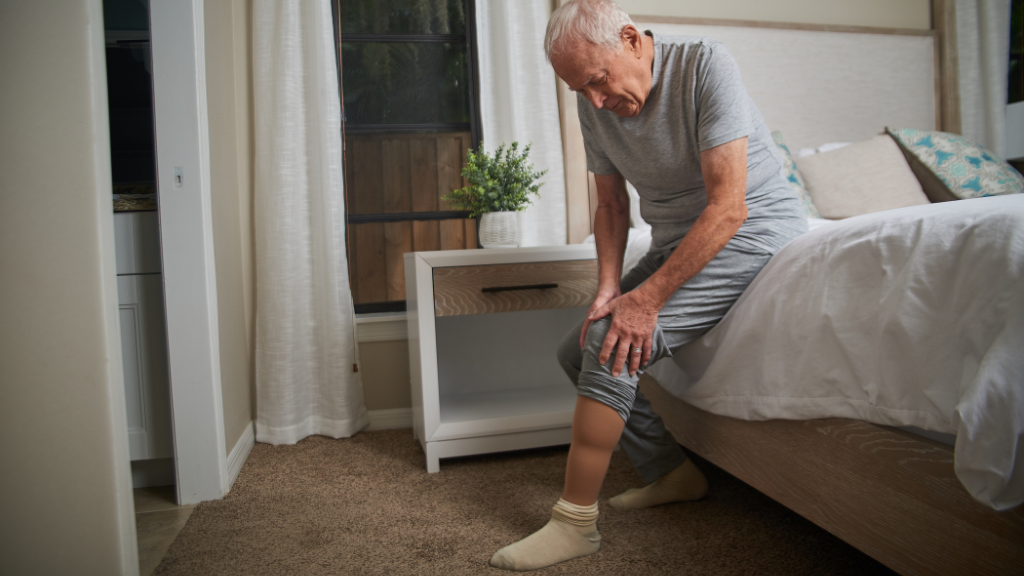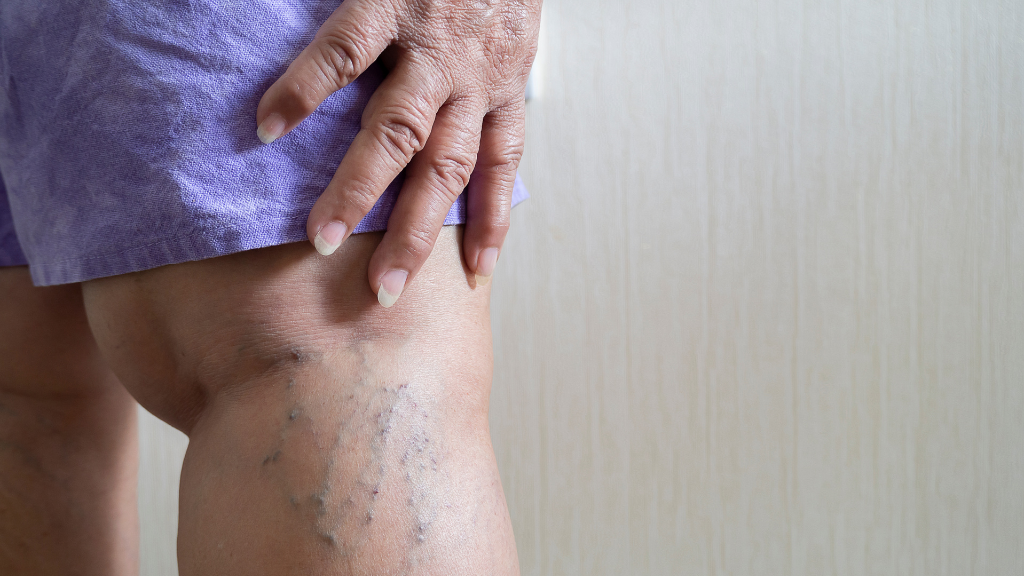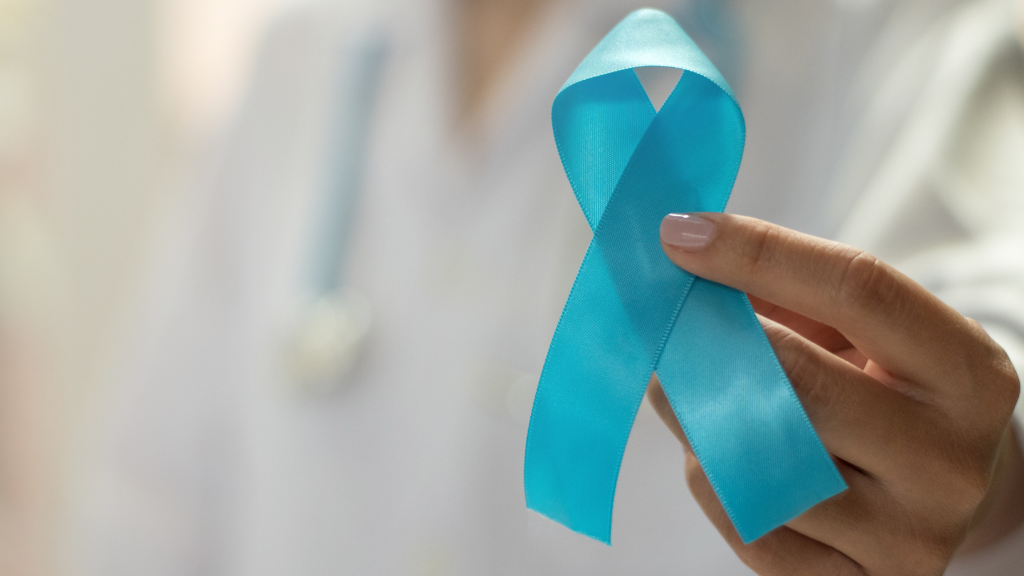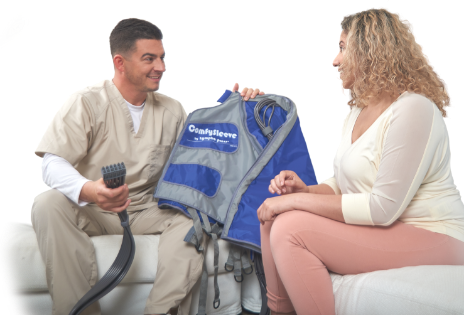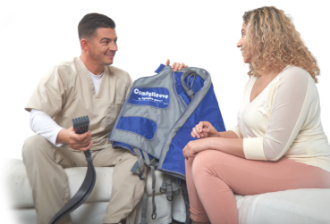This is a 5-minute read.
If you’ve ever wondered about the difference between lymphedema vs. edema, please read on. The two are commonly confused, but this article clarifies how they are alike and different plus how to find effective treatment options for both conditions.
What is Lymphedema?
Lymphedema is a chronic dysfunction of the lymphatic system or a chronic overabundance of lymph that results in swelling and disfigurement in the body. There are two main types:
- Primary lymphedema is caused by malformed lymphatic vessels.
- Secondary lymphedema occurs when there is damage to, or impairment of, the lymphatic system.
Primary lymphedema can occur in any part of the body, and secondary lymphedema tends to be connected to the area of the body that is associated with a surgical procedure, treatment, infection, or physically traumatic event. In many cases, the originating event behind the development of lymphedema is unclear. Some cases of lymphedema in late adulthood may be primary lymphedema that did not manifest until an acute injury caused chronic lymph overload. Every case is unique and many people find that the progression of their condition doesn’t fit the “textbook definition” of lymphedema.
There are four stages of lymphedema in increasing order of severity. Within the medical community, there is a general consensus that the earlier lymphedema can be diagnosed and treated, the better the potential outcome.
What is Edema?
Edema is swelling that occurs when excess fluid is trapped somewhere in the body. It’s common in the legs and feet due to the impact of gravity pulling fluids downward and preventing dispersion back up into the body’s fluid movement systems.
Most edema resolves itself naturally. However, some people experience chronic edema, which occurs when the body is unable to restore fluid balance, and it persists for more than three months. Edema that persists more than three months is considered lymphedema.
What Are the Differences and Similarities Between Them?
Edema and lymphedema are often confused because they share similar qualities; however, there are key differences between the two conditions.
While edema can be a general term for acute swelling in the body, lymphedema is a chronic and severe condition that involves significant long-term edema fluid buildup. When someone has lymphedema, their lymphatic system is chronically overloaded and/or experiencing advanced dysfunction that becomes irreversible.
Another difference between them lies in the development of each condition. Edema can arise for many simple reasons, like standing on your feet too long. It can also become a chronic condition, but when it advances to full-on lymphatic dysfunction, it’s likely to be classified under a chronic condition category like lymphedema.
Lymphedema is strongly associated with the development of breast cancer-related lymphedema after cancer radiation and treatment. Post-surgical acute edema can also occur after cancer treatments, which may disappear after a while.
- Sitting or standing in one place for too long
- Having a sedentary lifestyle
- Eating excessively salty food
- Menstruating or being pregnant
- Taking certain medications
- Severe and chronic health conditions like cirrhosis, kidney disease, and heart disease
- Receiving cancer treatment
- Having surgery
- Traumatic injuries
- Chronic venous insufficiency (“vein disease”)
- Infections and parasites
- Family history of lymphedema or certain forms of arthritis
- Obesity
- Advanced age
As you can see from the information above, edema and lymphedema are different but related. Both are associated with swelling and fluid buildup in the body.
People who develop edema or lymphedema might initially report similar symptoms, like feelings of heaviness in the body, fatigue, or strange sensations in the limbs. It often takes a skilled lymphedema specialist to diagnose lymphedema vs. edema.
What Are Lymphedema vs. Edema Treatment Options?
Edema and lymphedema both have an array of effective treatment options. You can live a busy and active life with either condition when it is proactively managed.
Always consult with a doctor to determine the proper course of treatment. If you have open wounds, wraps or bandages may need to be applied, or you may need special medication or topical treatments. You may or may not be a good candidate for surgical intervention, so a lymphedema specialist’s expertise is essential.
Lymphedema compression devices are backed by clinical research and come in size-inclusive options that make using them as easy and comfortable as possible. Millions of people already use compression pumps for lymphedema to relieve their symptoms.
Complex decongestive therapy (CDT) and manual lymphatic drainage (MLD) are gentle and effective treatment options. They involve orchestrated massaging movements that encourage the restoration of normal fluid flow.
Lifestyle changes can also help you manage your condition. Dietary changes and moderate exercises like walking and swimming can have a positive impact.
Additional Resources From Lympha Press
Need more information about lymphedema vs. edema? Lympha Press provides products, information, resources, and roundtable events that help people thrive as they treat lymphedema and chronic venous insufficiency conditions
Numerous clinical studies and doctors’ recommendations support the benefits of Lympha Press devices for treating lymphedema. To learn more, ask your doctor about our products or contact Lympha Press.
